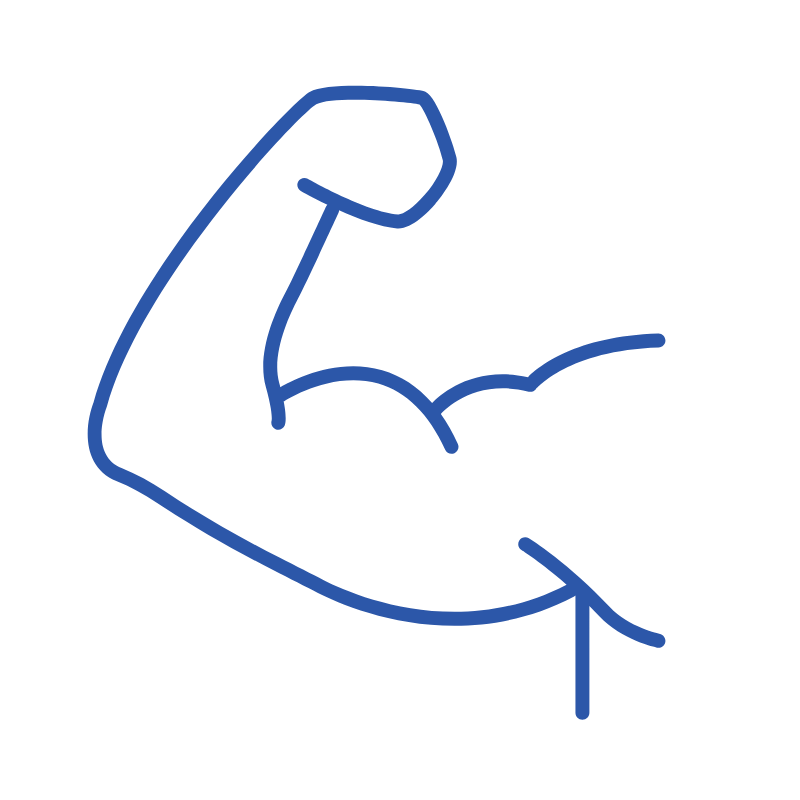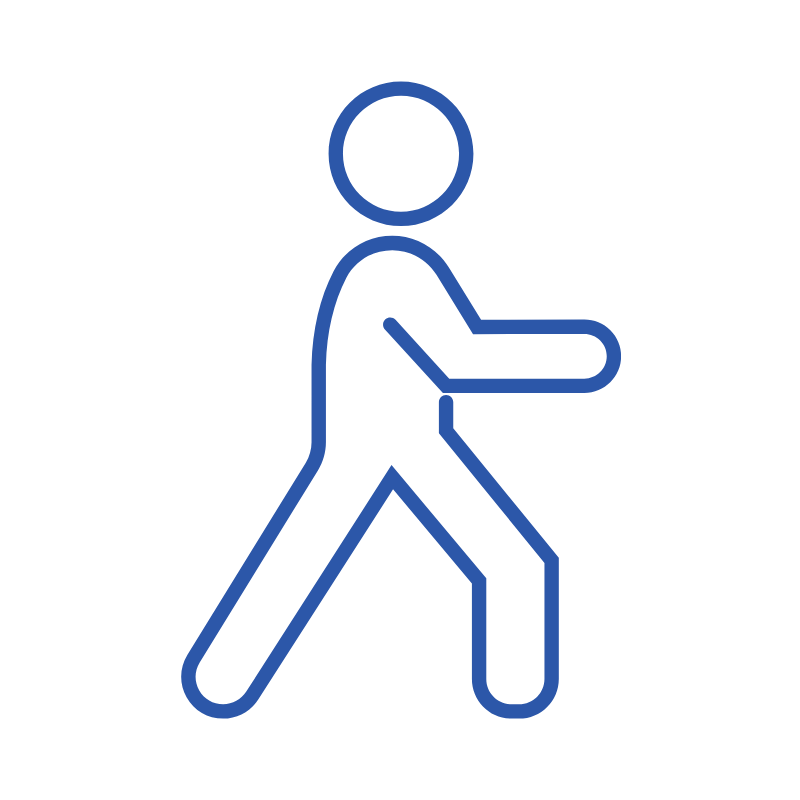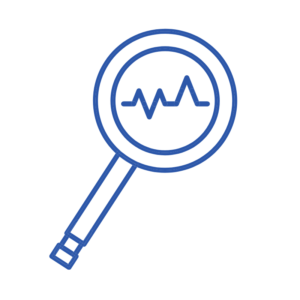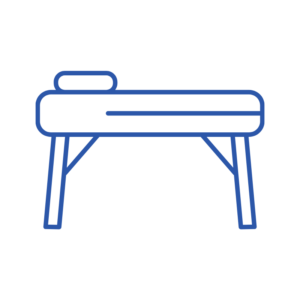What is dysautonomia?
Dysautonomia is a term which covers a range of conditions. We are interested in the irritation of the sympathetic trunk, due to positional narrowing of the area.
The ANS is responsible for many involuntary bodily processes – those which you cannot consciously control – with dysautonomia affecting blood pressure, heart rate, digestion, breathing, kidney function, body/skin temperature regulation, sexual function, etc.
Autonomic dysfunction can occur after a direct or indirect trauma to the area, such as rotational injury during a motor vehicle accident. Due to the proximity of the ANS to the thoracic vertebrae and costovertebral joints, resultant irritation and symptoms can occur.








